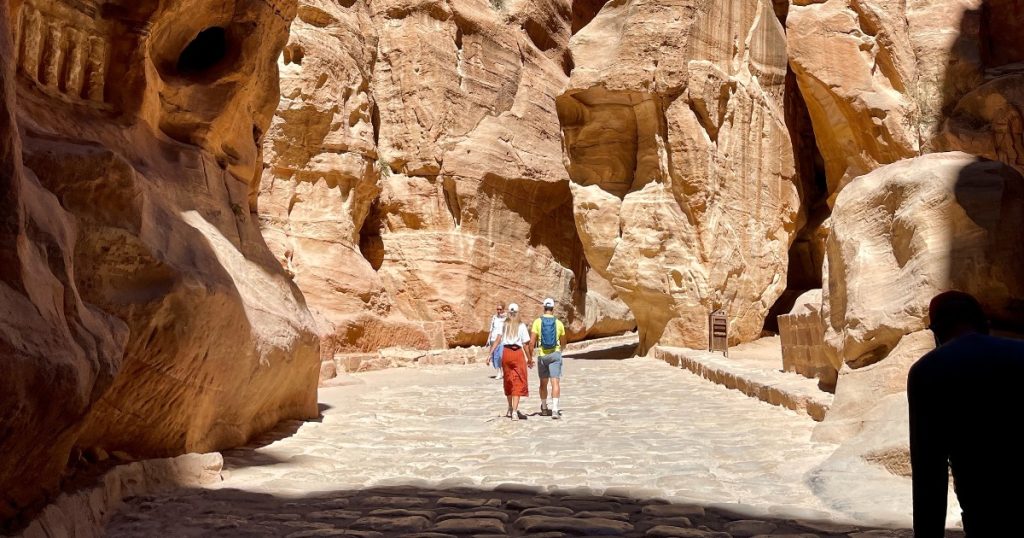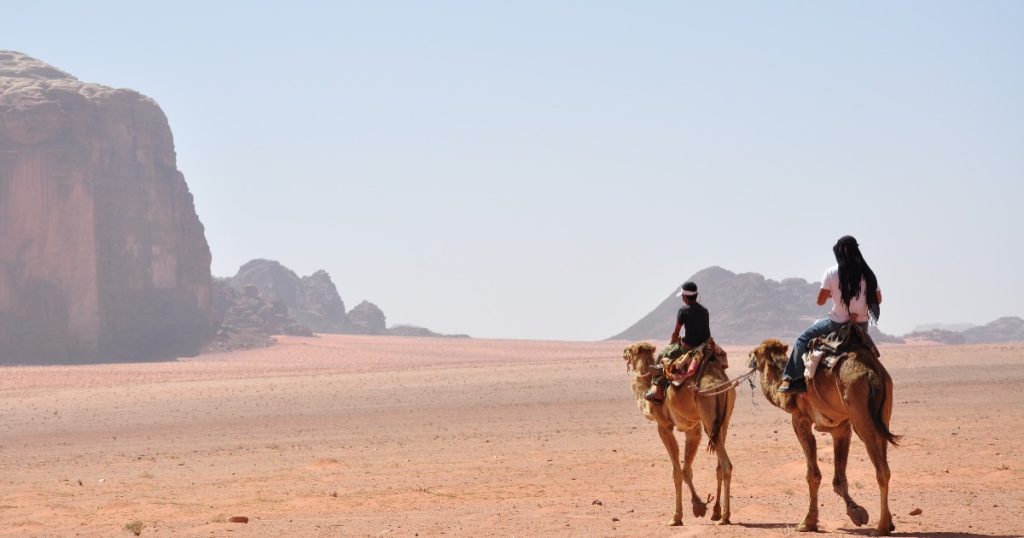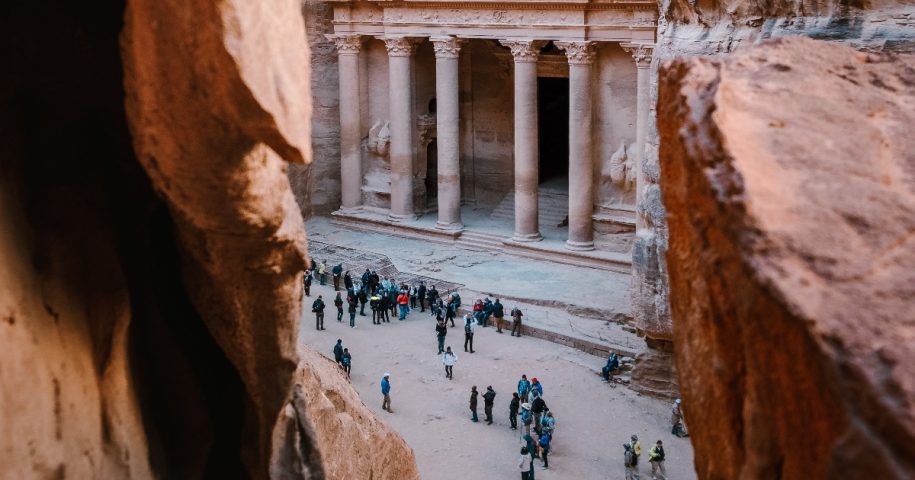Jordan, a land of captivating landscapes and historical treasures, Jordan ethnicity is equally known for its rich ethnic diversity. The country is home to a mosaic of ethnic groups, each contributing to the vibrant cultural tapestry that defines Jordanian society. Let us embark on a journey to explore the various ethnicities that coexist harmoniously within the borders of this fascinating nation:

Bedouin Heritage: The Bedouin people, with their nomadic roots, are an integral part of Jordan’s ethnic fabric. Descendants of ancient Arab tribes, the Bedouins have a deep connection to the desert landscapes of Jordan. They embody a unique way of life, characterized by hospitality, traditional practices, and a strong sense of community. Bedouin communities can be found across Jordan, and their cultural traditions, such as storytelling, music, and intricate handicrafts, offer a glimpse into their rich heritage.
Arab Majority: The majority of Jordan’s population identifies as Arab, reflecting the broader Arab identity that spans the region. Jordanian Arabs are descendants of various Arab tribes and clans, and they form the cultural and linguistic core of the country. The Arabic language serves as a unifying force, connecting people from different backgrounds and regions within Jordan.
Circassian and Chechen Communities: Jordan is also home to sizeable Circassian and Chechen communities, whose ancestors migrated to the region during the 19th century. These groups sought refuge from conflicts in the Caucasus region. The Circassians and Chechens have preserved their unique cultural heritage, including traditional costumes, dances, and culinary traditions. They have contributed significantly to Jordanian society, with notable achievements in areas such as education, military service, and public service.

Palestinian Population: Due to historical events, Jordan is home to a significant Palestinian population. Many Palestinians sought refuge in Jordan during the Arab-Israeli conflicts, including the establishment of the state of Israel in 1948. Palestinians have played a crucial role in shaping Jordanian society, contributing to various fields such as politics, arts, business, and education. Their cultural identity, rooted in Palestinian heritage, adds to the diverse fabric of Jordanian society.
Minority Communities: Jordan also encompasses smaller ethnic minority communities, including Armenians, Kurds, Turkmen, and others. These communities have their unique histories and cultural practices, often maintaining distinct traditions while embracing their Jordanian identity. Armenians, for example, have established their churches and cultural institutions, preserving their language and cultural heritage.
Harmony and Coexistence: Despite the diverse ethnic makeup of Jordan, the country has fostered a spirit of harmony and coexistence among its different communities. Jordanians take pride in their multicultural heritage, and a sense of national identity transcends ethnic boundaries. The Jordanian society’s cohesive fabric is woven through mutual respect, understanding, and a shared commitment to the well-being and progress of the nation.
Conclusion: Jordan’s ethnic diversity is a testament to the country’s inclusive and welcoming nature. The Bedouin traditions, Arab majority, Circassian and Chechen communities, Palestinian population, and various ethnic minorities come together to form a vibrant cultural mosaic. Jordan’s embrace of its diverse ethnic groups enhances the country’s social fabric, contributing to its unique identity and enriching the lives of its people. As you explore Jordan’s breathtaking landscapes and engage with its warm and hospitable inhabitants, you’ll witness firsthand the beauty and strength of its multicultural heritage.


Leave a Reply